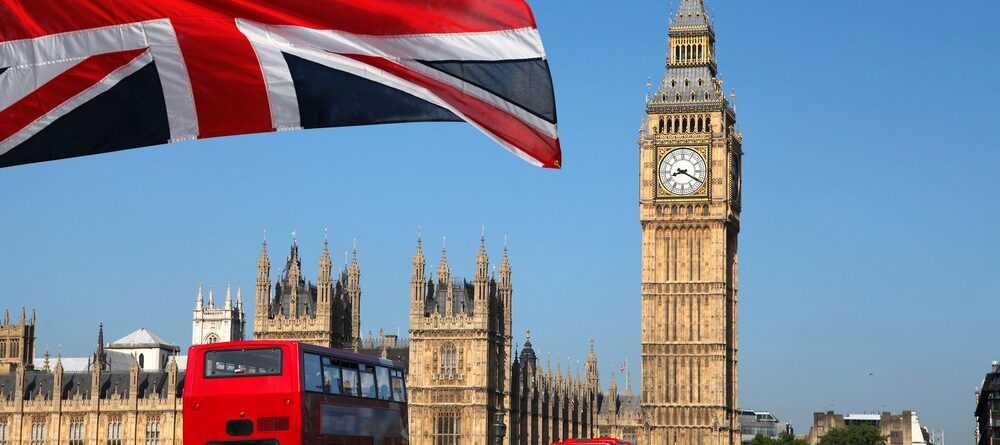UK. Reforms to ‘unlock’ pension savings must not undermine financial stability, IMF warns
By Sophie Smith
Reforms to unlock pension savings for higher-return investments should not undermine financial stability or pensioner outcomes, the International Monetary Fund (IMF) has said, also emphasising the need for broader pension adequacy improvements.
In its concluding statement on the UK, the IMF argued that while there is a clear economic rationale for consolidating small pension funds, and potential benefits from encouraging the sector to invest more in higher-growth assets, realising these outcomes will take time and persistent efforts.
For instance, the IMF pointed out that appropriate investment vehicles will need to be set up to facilitate the scaling up of such investments, arguing that these will need to be “robustly” designed, managed, and supervised.
In addition to this, the IMF suggested that caution is needed around possible financial stability implications of the reforms, particularly given the context of ongoing defined benefit (DB) pension fund buyouts and potential concentration risk created in the insurance industry from these concurrent changes.
It also emphasised the need to monitor the longer-term structural impact of these developments on gilt demand.
More broadly, the report stressed the need for further work to improve defined contribution (DC) pension adequacy, including the consideration of expanding auto-enrolment efforts and raising the minimum pension contribution.
Some “tough choices” could needed, however, as the IMF recommended indexing the state pension only to cost of living increases, recognising the authorities’ efforts to contain the non-pension welfare bill by incentivising work.
Quilter head of retirement, Jon Greer, argued that while the IMF’s suggestions surrounding tweaks to the UK’s pension landscape are “generally sensible”, it is unlikely that they will be tabled ahead of a general election, with some potentially proving unpopular with voters.
In particular, Greer argued that calls to abolish the triple lock would be “devastatingly unpopular” if either of the main parties were to signal support for such a policy before an election.
“However, the IMF’s views underline that the state pensions triple lock will eventually need to be looked at,” he added.
“Someone needs to take the bull by the horns and a cross-party consensus must be reached on what the level of the state pension should be relative to mean full-time earnings.”
Similarly, Greer warned that reforms to auto-enrolment and improve pension adequacy are unlikely to be put on the table ahead of an election, as “neither party wants to be seen as reducing the income of low earners or younger workers to be funnelled into a pension”.
“However, we do need to establish a timeline for tweaking this successful policy to ensure it remains effective for people. It’s crucial to balance the immediate financial pressures faced by individuals with the long-term benefits of pension contributions,” he added.
“As the IMF highlight large scale changes to the pension industry or saving habits will take time to implement and any knee jerk decision could have large knock-on impacts.
“It’s important that if the government continues to work closely with the industry to ensure that any new investment vehicles to scale pension investment or changes to the pension landscape are fit for purpose and achieve their policy aims.”
Read more @pensionsage











